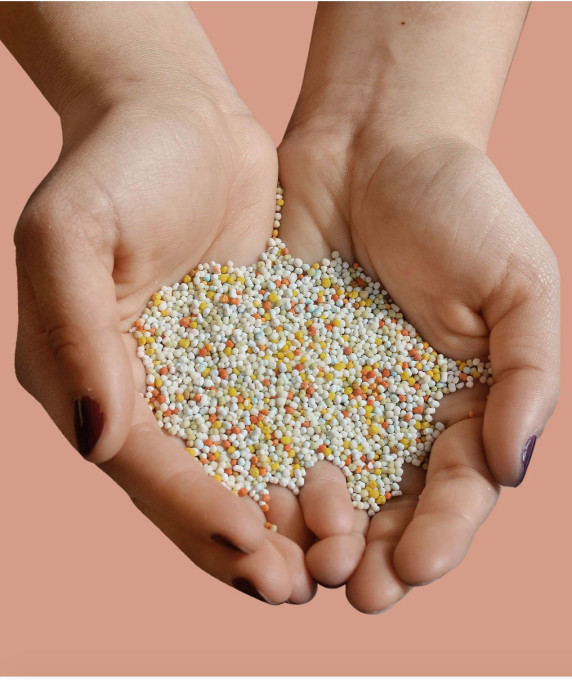Everything from cryptocurrency to gene sequencing

The latest startups to participate in Techstars NYC have spent the past week pitching investors, journalists and the broader New York community.
I swung by the accelerator’s new office a few days ago to meet each team. In a two-hour period, I found myself discussing everything from cryptocurrency to kitchen sanitation to gene sequencing.
Here’s what the companies are up to:
- Acculis is building collaborative software for construction. One of the key features is a lightweight 3D model viewer that can be on accessed a phone, tablet or web browser. By making it easier to bring this information into the field, the team is hoping to reduce delays and mistakes.
- Altru helps companies tap their employees for marketing and recruiting. Potential hires can browse through videos of team members answering questions about what it’s like to work at the company, and they can also post questions of their own. CEO Alykhan Rehmatullah suggested that this serves as an “antidote to Glassdoor,” allowing employees to share their authentic opinions in a more controlled and positive way.

- The Clear Cut offers a concierge service for consumers to design their own diamond engagement rings. The idea is to offer a personalized experience and product at significant savings compared to the big-name jewelry stores. Eventually, the company could expand into other types of jewelry.
- kpiReady is building tools for startups and small businesses to track their most important metrics. It’s offering data collection as well as visualization — so it should be quick and easy to create presentations and reports about how the business is doing. Investors could also use this to track how the startups in their portfolio are doing.
- Kyso allows users to share their data science models. That means data scientists have to spend less time building models from scratch every time they’re performing a new study. It also includes tools for visualizing the results of those models.
- Loom Network is a blockchain infrastructure company. The goal is to help developers create “Twitter- or World of Warcraft-scale apps on top of Ethereum,” with an initial focus on bringing game developers onto the platform.
- One Step Software is building patient monitoring software for sober group homes. This can help family members keep track of how residents are doing. And on an aggregate level, it helps the homes see which approaches are succeeding.
- PathSpot has built a device that can scan restaurant employees’ hands and detect the pathogens that can cause food-borne illness. If an employee fails the scan, they’re asked to wash their hands and then try again. And the scan itself should only take two seconds.

- Rootine uses customers’ genetic data to create a daily regimen of nutritional supplements. These supplements are delivered in the form of “micro-beads” that can be added to foods like yogurt. The company already has 1,500 paying customers in Europe and is looking to expand to the United States.
- Streamline Genomics aims to help clinicians and researchers use genomic sequencing. CEO Josette-Renée Landry said that 40 percent of patients with cancer would have received more effective treatment if their tumor had been sequenced. But while the cost of the actual sequencing has fallen, analyzing the “terabytes of data” remains a barrier. So Streamline’s software handles that analysis.
- TypingDNA offers a new way to verify your identity, potentially replacing cumbersome two-factor identification methods like sending a temporary code to your phone. Instead, it analyzes the unique patterns of how users type. The company recently launched a Chrome extension.
- Vertoe helps you store your luggage by leaving it at nearby businesses. If you’re checking out of an Airbnb, or if you’re heading to a concert or sporting event where you can’t bring a large suitcase, you can open up Vertoe, find a nearby location and pay just $5.95 per item per day. The company currently has more than 70 partner locations across New York City.
Advertisements


